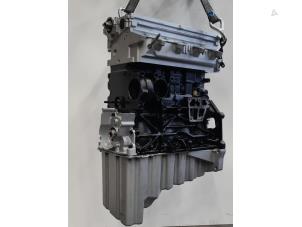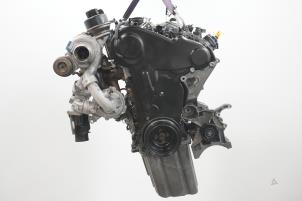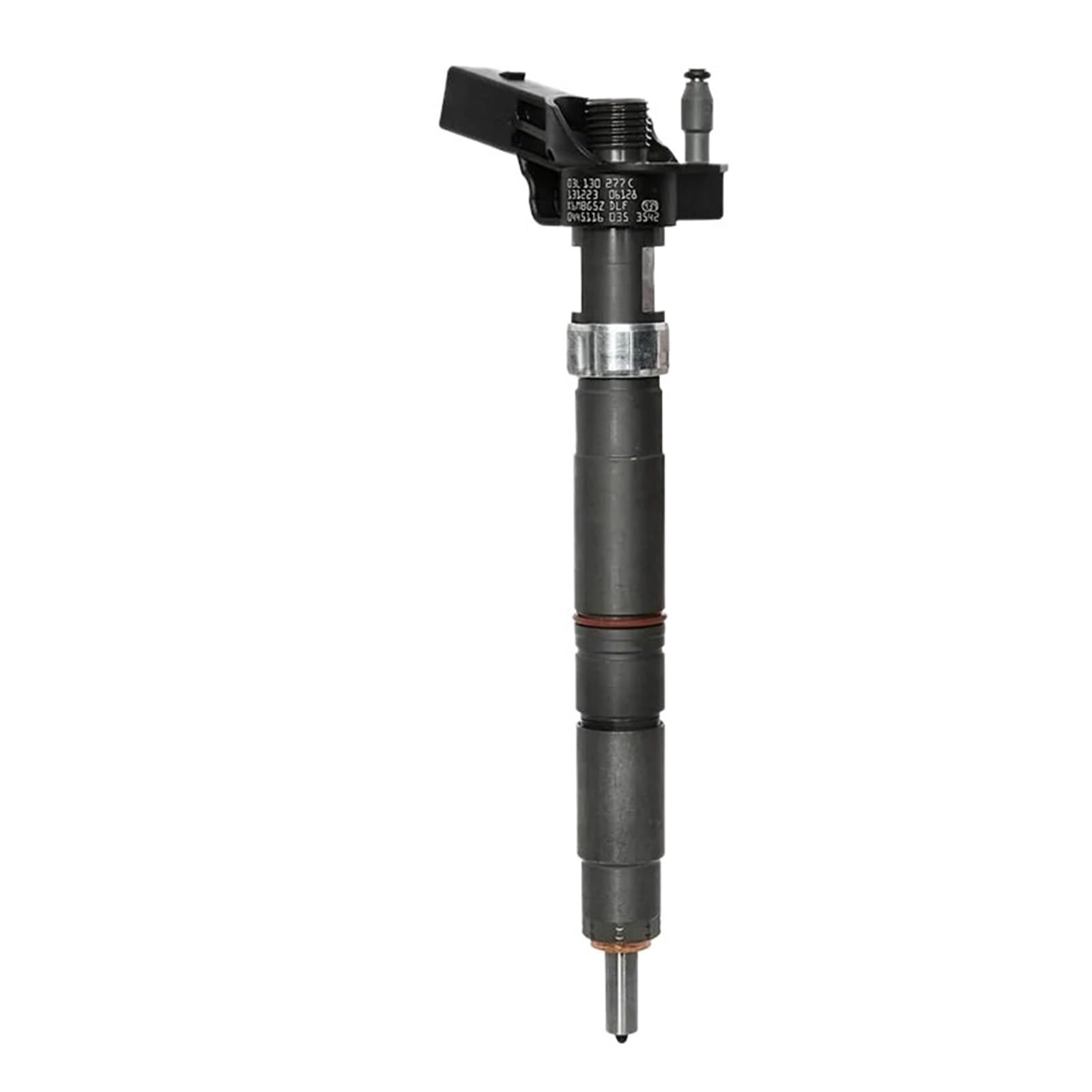Essential Factors To Consider and Tips for Choosing the Right Engine for Your Needs
Choosing the best engine is a diverse choice that calls for mindful consideration of numerous factors to make sure optimal performance for your particular demands - amarok engine for sale. Comprehending your designated application is vital, as the demands of business, industrial, or recreational usage will considerably influence your option. In addition, examining key specs such as torque, fuel, and horse power effectiveness, together with maintenance needs and spending plan restraints, will certainly guide you towards a lasting financial investment. Nevertheless, the complexities of engine choice prolong beyond these basics, prompting a closer evaluation of essential aspects that can eventually affect your complete satisfaction and success.
Determine Your Purpose
Identifying your objective is a crucial very first step in selecting the ideal engine for your needs. Recognizing the certain application you have in mind will assist your decision-making process and guarantee that you pick an engine that straightens with your operational demands. Whether you require an engine for a business automobile, commercial equipment, or a leisure job, each scenario demands various performance characteristics and capabilities.
Take into consideration the setting in which the engine will certainly run. Will it be subjected to hefty lots, severe temperatures, or extended usage? Analyzing these factors will certainly assist you determine the needed power output, fuel performance, and durability required to meet your goals.
Additionally, think of the long-lasting implications of your option. Spending plan restraints, maintenance demands, and schedule of components are important factors to consider that will affect your general satisfaction and operational effectiveness.
Ultimately, articulating your objective will certainly simplify the selection process and empower you to make a notified decision. By clearly specifying your purposes, you can evaluate potential engines extra successfully and choose one that not just satisfies your present needs however also supports your future goals.
Evaluate Engine Requirements
When you have clearly expressed your purpose, the next action is to evaluate engine specifications. This process involves a detailed assessment of numerous technical details that can substantially impact efficiency and viability for your intended usage.
Begin by evaluating the engine's horsepower and torque ratings. Horsepower is essential for establishing the engine's capability to perform work, while torque is essential for comprehending just how well it can deal with heavy loads or velocity. In addition, think about the engine variation, as it frequently correlates with power outcome and efficiency.
Following, take a look at the engine typeâEUR" whether it is a gasoline, diesel, or alternative gas engineâEUR" as each kind has unique qualities and applications. Take notice of the engine's setup (e.g., inline, V-type), as this can influence size, weight, and total performance.
One more crucial facet is the engine's air conditioning system, which can affect integrity and upkeep requirements. Last but not least, assess the supplier's track record and warranty offerings, as these can offer insights into long-lasting performance and assistance. Extensively assessing these specs will certainly help ensure that you select an engine that aligns with your operational goals and certain requirements.
Take Into Consideration Fuel Efficiency
Gas effectiveness is a vital element to consider when picking an engine, as it directly impacts operational expenses and ecological sustainability. An engine's fuel efficiency is usually measured in miles per gallon (MPG) for lorries or in certain gas intake (SFC) for aircraft and marine engines. Greater gas performance not just minimizes the amount of fuel eaten but likewise lessens greenhouse gas exhausts, making it a liable option for eco-conscious customers.
When reviewing engine options, it is vital to evaluate the driving problems and intended usage. Engines enhanced for highway driving might display far better gas performance compared to those created for stop-and-go website traffic. In addition, take into consideration the engine's modern technology, such as turbocharging or hybrid systems, which can dramatically enhance fuel effectiveness.

Assess Upkeep Needs

Some engines may call for even more constant oil adjustments, filter substitutes, or specialized servicing, which can impact your operational downtime. Engines with widespread appeal typically have much better components schedule, decreasing lead times throughout repair work.
Another important aspect is the technological knowledge needed for maintenance. Some engines may demand specific training for specialists, which might limit your alternatives for provider. Furthermore, evaluate whether the engine's layout enables very easy access to elements commonly requiring upkeep, as this can substantially impact labor expenses.
Budget Plan Your Investment
Understanding upkeep demands is just one element of selecting the best engine; monetary considerations play an equally crucial function (amarok engine for sale). Developing a clear budget plan is vital, as it influences not only the first acquisition cost but also lasting operational prices
When budgeting, more information think about both the upfront prices and continuous expenses such as gas efficiency, upkeep, and prospective repairs. A seemingly cost effective engine might sustain higher prices with time as a result of inadequate gas economic situation or regular maintenance needs. In addition, evaluate the accessibility and price of spare components, as well as the guarantees supplied by producers, which can give economic protection against unpredicted expenditures.
It is also important to consider potential funding options or leasing arrangements, which could ease prompt economic worries. Balance your desire for innovative features with your budget restraints, ensuring that you invest in an engine that meets your performance requires without jeopardizing economic security.
Inevitably, a well-rounded spending plan will certainly equip you to make informed decisions, straightening your engine option with both your functional demands and monetary capabilities, leading to a more sustainable financial investment in the future.

Final Thought
In final thought, picking the appropriate engine necessitates a comprehensive understanding of certain needs and applications. Mindful assessment of engine specs, gas performance, and upkeep demands is essential for informed decision-making.
Fuel efficiency is a critical factor to consider when picking an engine, as it straight affects operational costs and environmental sustainability. An engine's fuel efficiency is usually determined in miles per gallon (MPG) for automobiles or in particular fuel consumption (SFC) for aircraft and marine engines. Diesel engines usually provide far better gas effectiveness than fuel engines. Eventually, selecting an engine with a solid emphasis on fuel performance can lead to considerable long-term savings and add positively useful site to ecological efforts. Mindful assessment of engine specifications, fuel performance, and maintenance demands is crucial for notified decision-making.